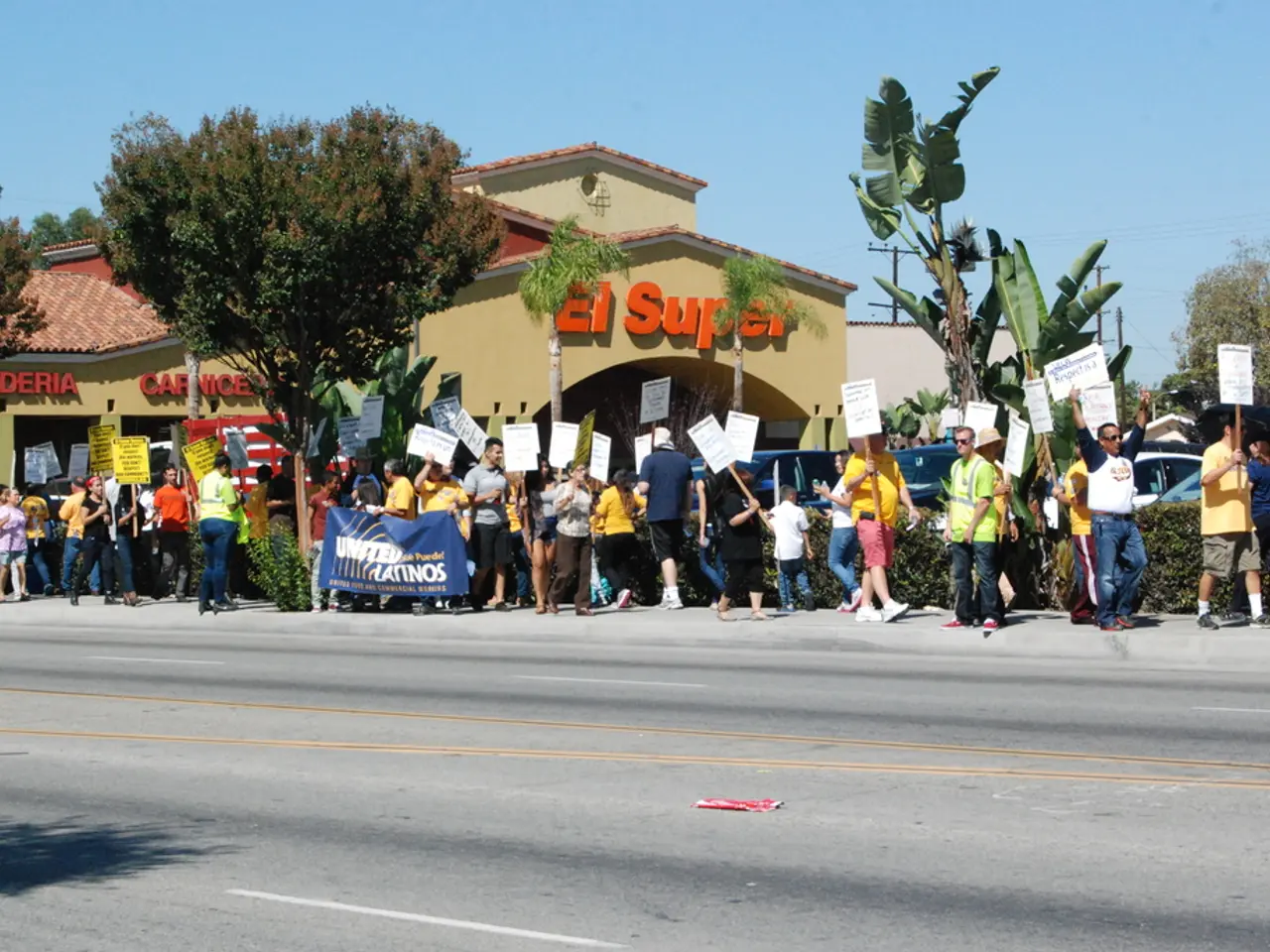The Impact of Social Media Trends on Political Campaigns
In the digital age, election campaigns are increasingly leveraging social media trends to engage voters, shape public opinion, and potentially influence election outcomes.
Exposure to trending political content can shape opinions and build familiarity with candidates. This real-time engagement with trends shows responsiveness and increases visibility, making campaigns more relatable to the public.
Mobilization trends such as hashtag challenges or influencer-led drives can motivate people to register and vote. Viral hashtags can drive conversations and either boost or damage a candidate's image, making them a powerful tool in the hands of campaign strategists.
However, trends can also create echo chambers or inflated impressions of support. Algorithms prioritize engagement, often amplifying polarizing or emotional content. This could lead to a skewed perception of public sentiment, necessitating careful monitoring to ensure authenticity and alignment with core values and long-term strategy.
Political satire through social media trends can subtly influence attitudes toward candidates and issues. Memes, for instance, simplify complex issues and spread quickly across demographics. While they can be effective in making campaigns more relatable, they also require careful handling to avoid misinformation.
Social media influencers can mobilize followers and endorse candidates. Localized trends reveal regional priorities, cultural sentiment, and specific grievances, providing valuable insights for targeted content.
To navigate the complexities of social media trends, campaigns employ various strategies. Rapid response teams, counter-narratives, and crisis messaging strategies can be used to respond to negative trends. Social listening tools track trending topics, voter sentiment, and viral content, enabling campaigns to tailor messages in real-time.
However, negative trends on social media can be harder to control or correct. Coordinated networks can hijack hashtags and push divisive content, making it essential for campaigns to maintain vigilance and transparency.
Platforms are also implementing measures to curb misinformation, which affects campaign dynamics and voter trust. As the role of social media in elections continues to evolve, it is crucial for campaigns to stay informed, ethical, and strategic in their use of these powerful tools.
For help with social media strategies in election campaigns, contact us at 91 9848321284 or fill out our online form.
Read also:
- Today's most impactful photographic moments
- Support for Eric Adams in The Post's Letters to the Editor on August 13, 2025
- Roosting Shark and Rambunctious Red Squirrels: Unconventional House Rental in Yorkshire Involving Aquatic Marvel, Squirrely Mayhem, and Mystical Planning Regulations
- Legal Dispute Dismissed with Humor: Supreme Court Laughs off Another Civil Matter Mislabeled as Criminal Prosecution








